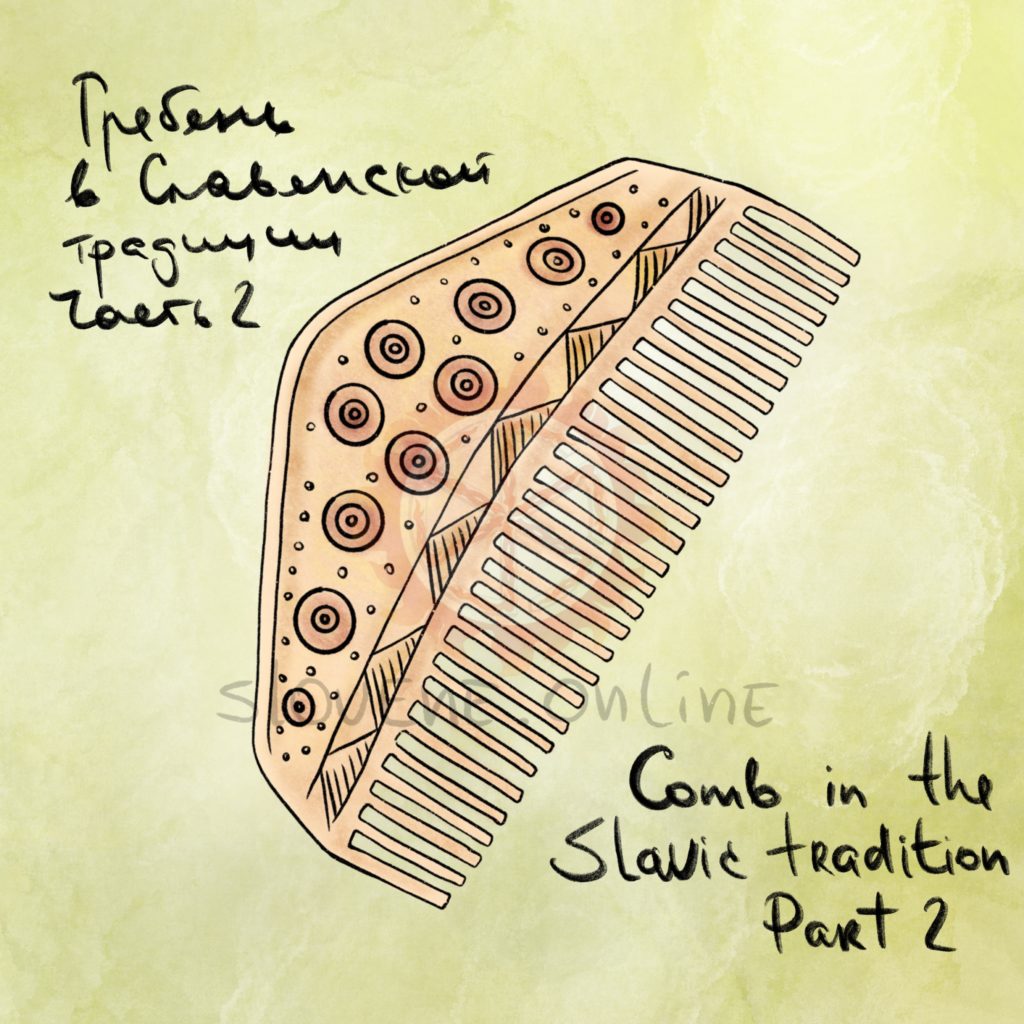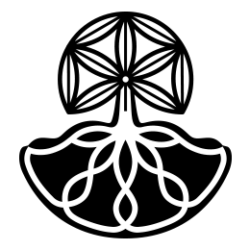Slavs also used the comb in reproduction magic. Going to the first seeding, the Serbs and Macedonians would put it in a bag of seeds or stirred seeds prepared for sowing with it, so that the spike of wheat / rye would have “frequent grains” like the teeth of a comb. The Croats, before taking the cattle for sale, combed it and pronounced: “Koliko zubaca, toliko kupaca” (“How many teeth, so many buyers”). After combing the sheep, the Russians threw the broken comb and the wool back into the sheepfold so that animals would have more wool.
We continue to familiarize you with the customs and beliefs of the ancient Slavic people, while working on the animated fantasy comic book series. In such posts, as if jumping forward in time, we shed light upon and help to understand the events that will occur in our story … 😉
All Slavs used the comb as a talisman against evil spirits, curses, diseases, wild animals, etc. The Serbs protected newborns from Veshtitsa (Вештица – Witch) and other demons with one or two combs, put on both sides of a child head. Therefore, Veshtitsa would prick herself if tried to approach the baby. The Eastern Slavs used to put a comb or a spindle in a cradle so that a baby could sleep peacefully.
A comb was also used for hexing others. The Serbs for example, would put two combs on both sides of the road on the wedding day, and when the young couple passed, they connected and hid those combs: after that, the couple would have arguments for all their life. The Russians of the Novgorod region believed that sorcerers performed all their malicious actions with the help of a comb. The Macedonians believed that women who had violated the ban on work in the evenings, were drowned in the water or brushed with large combs by Karakondzhulas (Караконцол). Interestingly, the comb is an attribute of many mythological creatures: goddesses (boginka), mermaids, female water spirits, etc., who usually combed their long hair in a story.
Source: “Slavic Antiquities” – encyclopedic dictionary in 5 volumes by Institute for Slavic Studies of the Russian Academy of Sciences.


